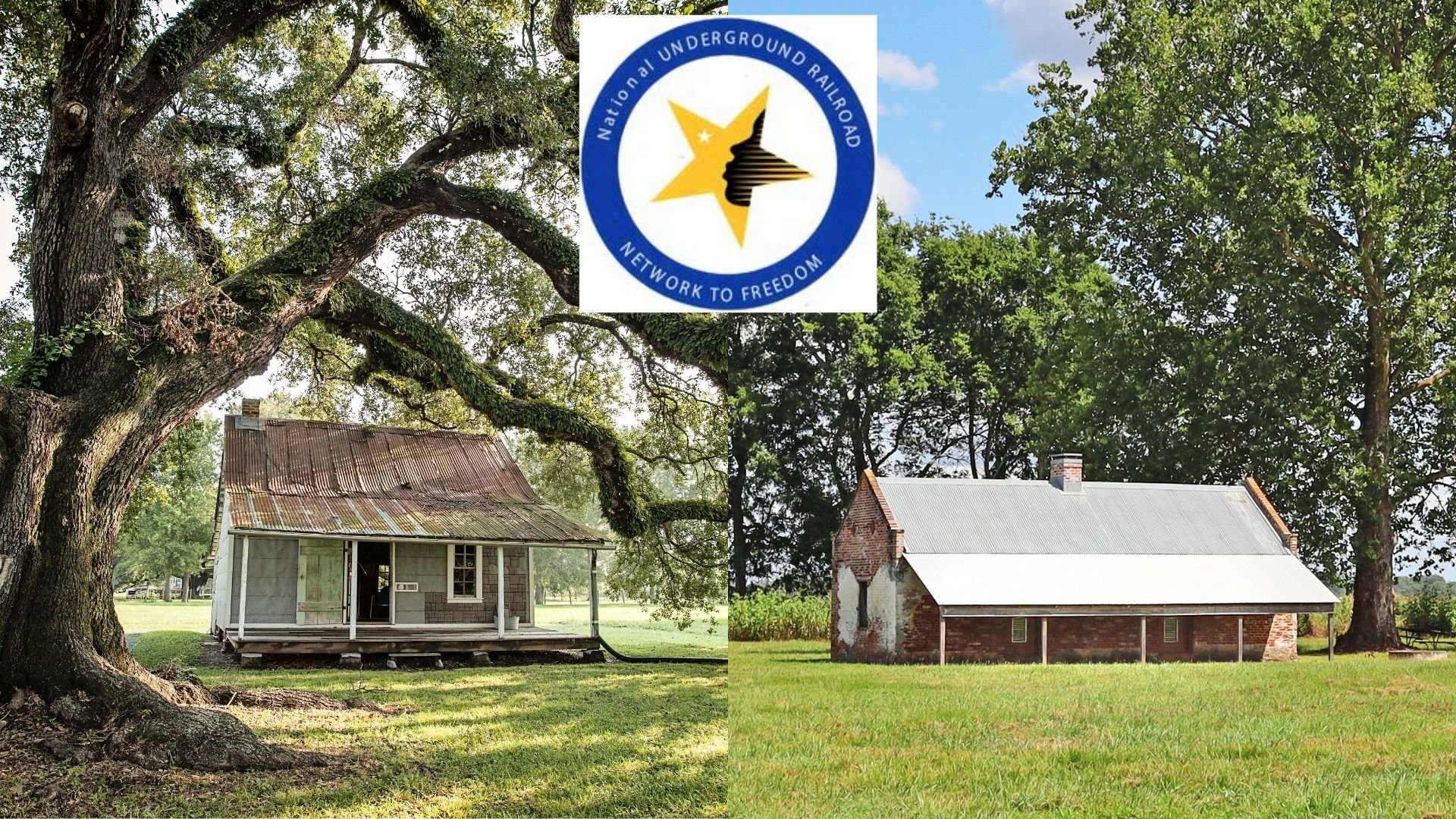News Release
You are viewing ARCHIVED content published online before January 20, 2025.
Please note that this content is NOT UPDATED, and links may not work. For current information,
visit https://www.nps.gov/aboutus/news/index.htm.

NPS
|
Subscribe
|
Contact: Barbara Justice, 318-352-0383 x200
The National Park Service’s National Underground Railroad Network to Freedom accepted Magnolia and Oakland Plantations, managed by Cane River Creole National Historical Park, as two of over 700 sites, programs, and facilities within the Network. The National Underground Railroad Network to Freedom is a federal program that commemorates the stories of the men and women who risked everything for freedom and those who helped them. It honors, preserves, and promotes the history of resistance to enslavement through escape and flight worldwide.“Magnolia and Oakland Plantations preserve powerful and emotional stories about the struggle for freedom,” said Chief of Interpretation Barbara Justice. “These are stories of courage and determination, that show how enslaved people actively fought against enslavement and challenged systemic racism in our nation.”
Although written documentation is scarce, Magnolia Plantation is associated with escapes by enslaved Africans during the 1804 Insurrection from Rivière aux Cannes (Cane River), where at least 30 enslaved people left the plantations of Maria Dupre, Alexis Cloutier, Emmanuel Derbanne, Ambroise LeComte, and Louis Derbanne. These freedom seekers crossed the LeCompte (Magnolia) Plantation land enroute to Los Adeas (another Network to Freedom site) and sought freedom in Spanish Texas. The plantation is also associated with an 1863 freedom seeker named Anderson who escaped with two others named Arnold and Alfred from adjacent plantations.
Oakland Plantation is unique in that several historical records remain, helping piece together what life would have looked like at the plantation. However, the written records are primarily from the perspective of the white, planter class of the Prud’homme family and there are few mentions of the enslaved population. The few records that do remain indicate that several enslaved people escaped to freedom, just prior to the end of the Civil War. During the 1864 Red River Campaign, thirty-six enslaved men, women and children left with the U.S. soldiers as the army moved through the area. Edmo, Andrew, Charles, Cesaire, Jules Russel, Seraphine Edmonds, and Collins Page are a few of the named individuals that escaped to freedom during that time. Though there may be other undocumented freedom seekers from earlier years, there is no mention of them.
The grounds of Oakland and Magnolia Plantations are open daily from 9:00 a.m. to 3:30 p.m. Nearly eighty original buildings remain, many open for self-guided tours from Wednesday though Sunday, including several that are historically furnished. Park staff conducts tours of the plantation grounds daily Wednesday through Sunday. In addition, the park offers a cell phone tour. The Oakland Main House is open for self-guided tours from 10:00 a.m. to 2:00 p.m. on Saturday and Sunday. The Magnolia Main House is privately owned and is not open to the public. For more information, please find us on Facebook or call the park at 318-352-0383, ext. 316.
Last updated: March 21, 2022
